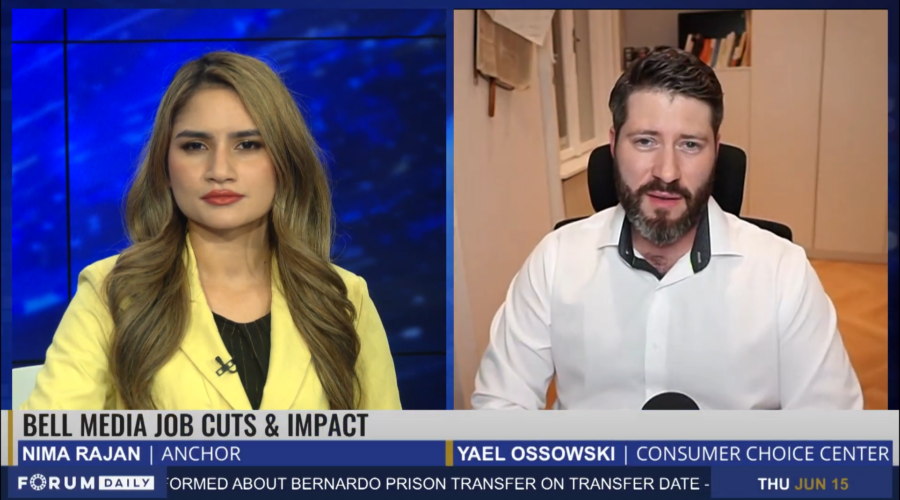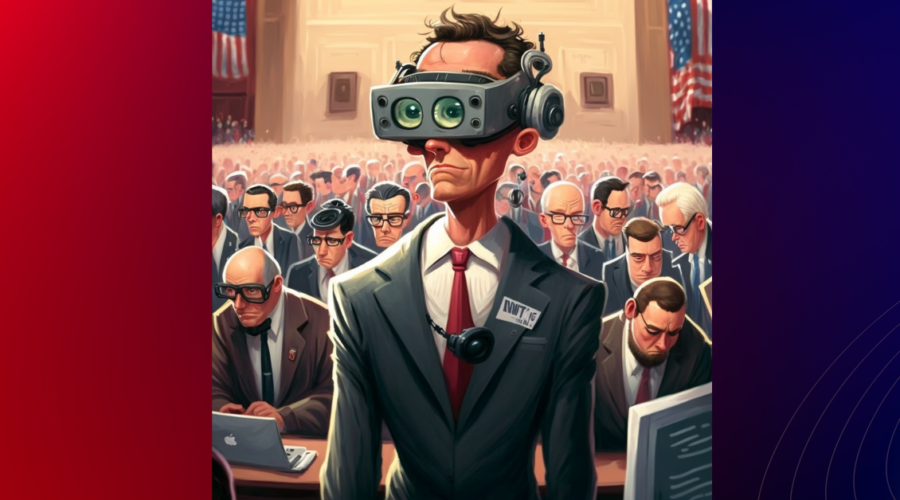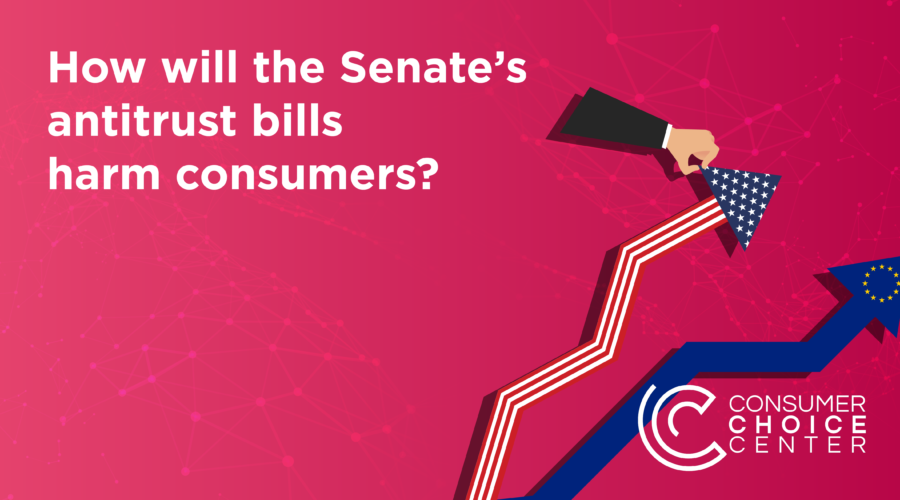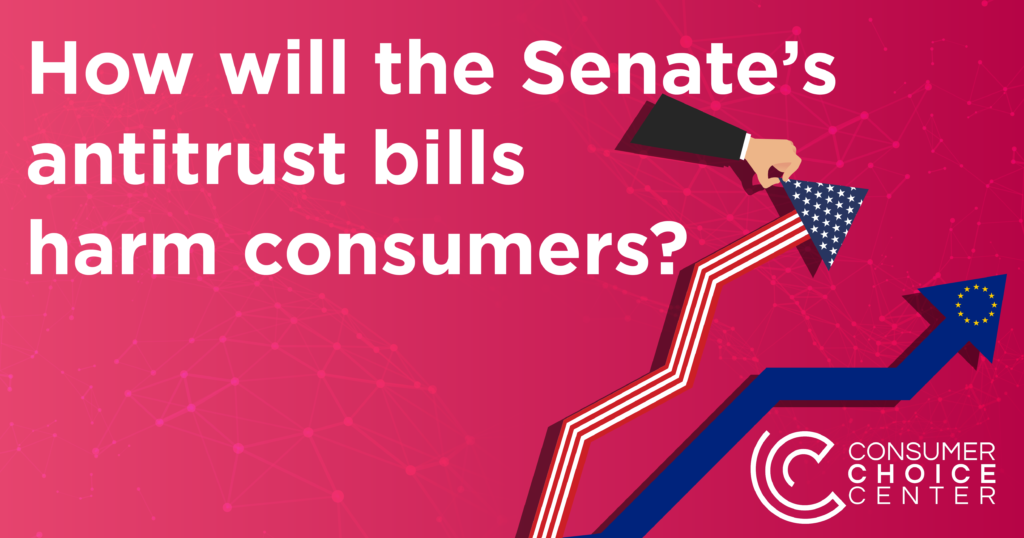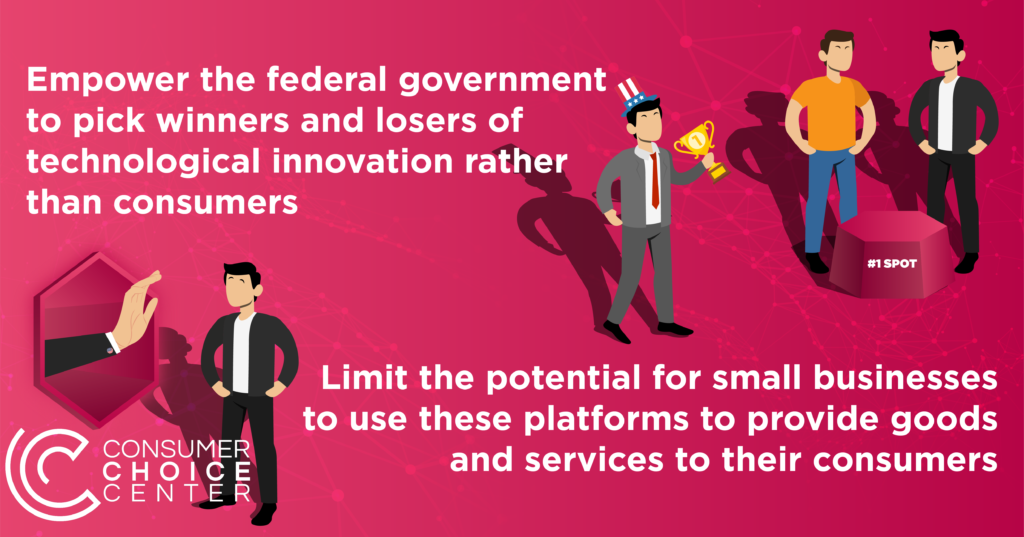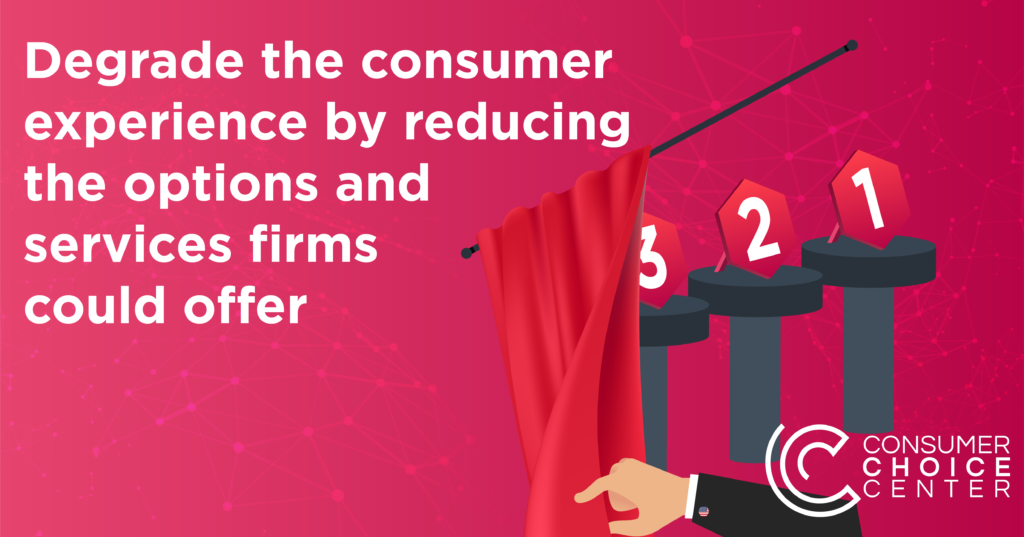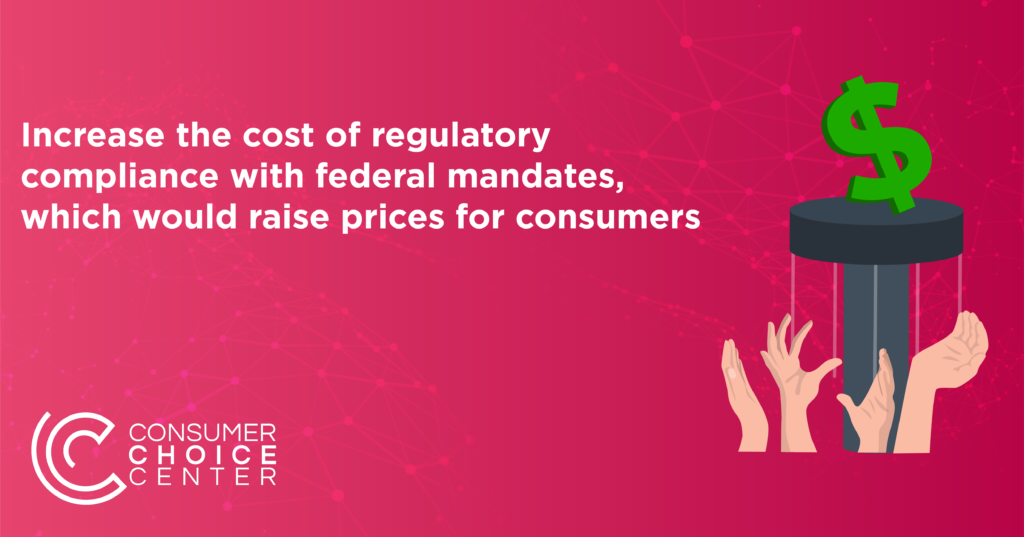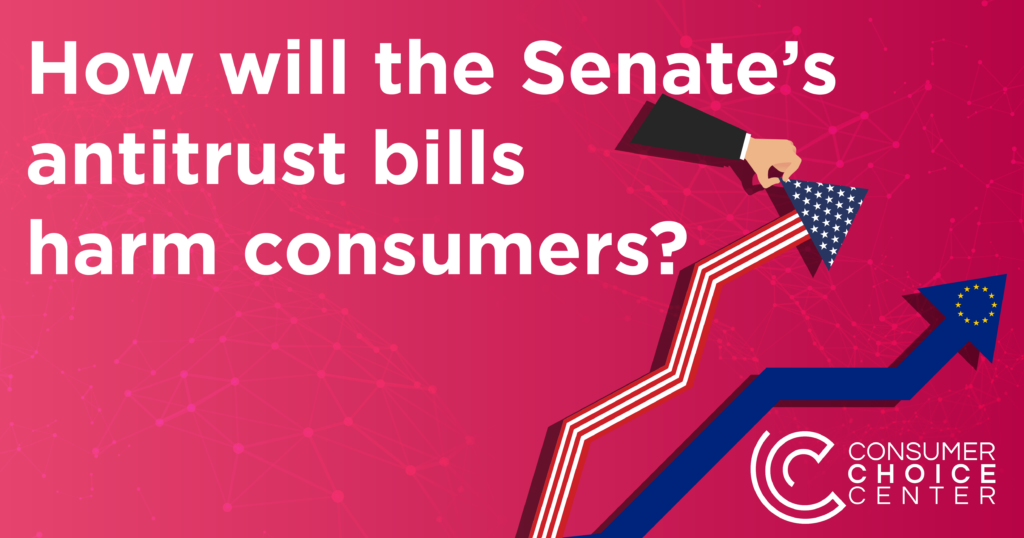Canada’s news cartel and social media link tax breaks an open internet and harms digital journalism
This week, I was invited on The News Forum’s “Daily,” a Canadian daily news show, to discuss the impact of C-18, which allows a media cartel to force social networks to pay a “link tax” for allowing articles on their platforms.
At the Consumer Choice Center, my colleague David Clement has previously written about this here and here, and it’s been a point of interest on Consumer Choice Radio for some time.
This is something that Australia already introduced in 2021, which I wrote about, and the US is currently discussing a similar proposal in the U.S. Senate, which my colleague Bill Wirtz also recently covered, as well as our fellow Dr. Kimberlee Josephson.
In the U.S., the bill is the Journalism Competition and Preservation Act, spearheaded by competition foe Amy Klobuchar. A version in California, the California Journalism Preservation Act, is in committee in the State Senate, and it’s expected that Gov. Gavin Newsom will sign it.
The principal idea of this plan — no matter the country or language — is that tech companies are eating traditional media’s lunch. To “level the playing field,” tech firms must pay traditional media each time a story (or link) is shared on their platform. It looks like it’s Rupert Murdoch vs. Mark Zuckerberg, or pick your legally media titan vs. tech start-up CEO. But realistically, it’s government officials, working with legacy media outlets, versus YOU, the consumer.
This is, of course, not just an attack on free speech and bad public policy, but it also represents a fundamental shift in how we view the democratic nature of the Internet.
News outlets need social media to share stories, find their audiences, and to continue to support them. At the same time, it’s up to news outlets to come up with innovative models to thrive and compete. In Canada, like in many European countries, government subsidies have taken the place of real innovation.
But across the internet, platforms such as Substack, Patreon, Locals.com, YouTube, and now even Twitter are allowing individuals and media teams to offer up news products that consumers genuinely enjoy.
At the Consumer Choice Center, we advocate for consumers who embrace innovation, competition, and a wide variety of choice. New models of creative destruction are something we celebrate, and we as consumers benefit every step of the way.
We will continue to push back against the idea of news cartels, link taxes, or other unfair regulatory practices that seek to prop up one industry at the expense of another. Not only is it wrong, a waste of funds, and impractical, but it also seriously diminishes our ability to freely choose our chosen media as consumers.
